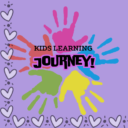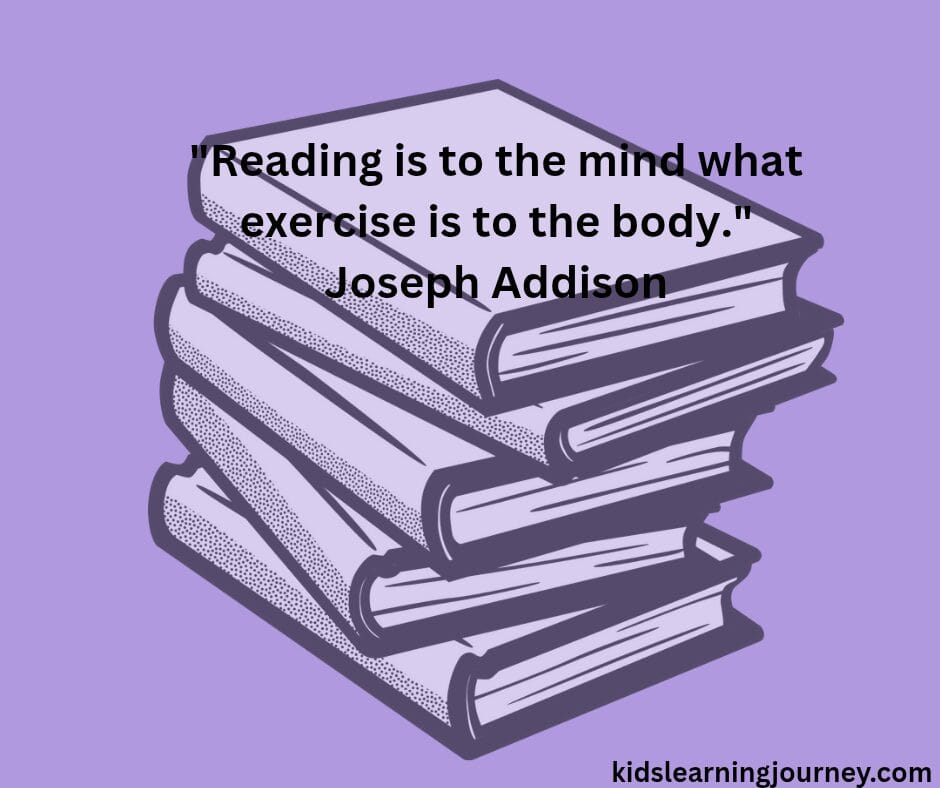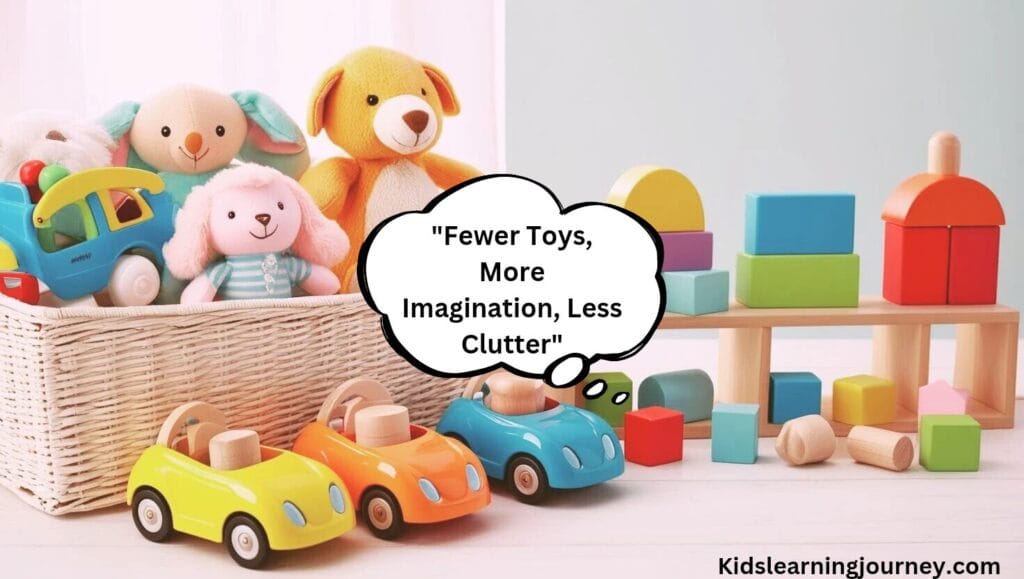Research Says: Early Vocabulary Knowledge is Key to Lifelong Reading Success
The word “vocabulary” originates from the Latin term “vocabulum,” meaning “a word” or “name.” Vocabulary, also known as a lexicon, refers to a collection of words. It can encompass all the words in a language or simply the words a person knows. Vocabulary is essential for language and communication, as it enables individuals to convey their thoughts, ideas, feelings, and information effectively. (Wikipedia)
A rich vocabulary enhances kids’ learning, boosts confidence, and improves communication skills.
Importance of Vocabulary for kids
Parents and educators are always seeking innovative ways to make learning enjoyable for kids. It is important for children to develop knowledge of words’ meanings from a young age because vocabulary development has an impact on their reading comprehension and academic success, as they get older.
Reading a variety of materials, such as books, magazines, and newspapers, is one of the best ways to build your vocabulary. Pay attention to unfamiliar words and look up their meanings.
Other helpful methods include keeping a vocabulary journal, using apps, playing word games, watching movies and TV shows, listening to podcasts, and using a dictionary and thesaurus. Joining a book club, using flashcards, and practicing regularly can also help your child to improve their vocabulary over time.
Nurturing Young Minds Through Fun and Educational Play
You may often worry about how to have fun with your child while learning so they don’t feel stressed.
In this case, Vocabulary games can be an excellent tool to boost your kids’ learning journey for enhancing language skills while kids have some fun while learning.
“What we learn with pleasure, we never forget”. -Alfred Mercier
One of the most effective ways for young children to gain knowledge and develop crucial abilities is through play, so word games make it fun and easy for kids to build a larger vocabulary.
Word games such as hangman, word search, jumbled words, pictionary, charades, scrabble, and boggle are fun and challenging ways to improve vocabulary.
Let’s get a detail of how you can play these games with your child to boost Parent-Child bonding as well as their vocabulary.
1. Hangman
Feeling nostalgic?
You must have played this game in class or with your siblings. Infact, childhood games from the 90s can be a great tool to build vocabulary through fun.
How to play hangman:
Hangman is a classic word-guessing game that kids of all ages enjoy. One player thinks of a word, and the other players guess letters to figure out the word. Each incorrect guess brings the hangman drawing closer to completion.
Benefits of playing hangman:
This game enhances spelling and vocabulary as kids try to guess the word with limited attempts. It’s a fun way to learn new words and improve problem-solving skills.
2. Word Search Puzzles: Finding Hidden Words
Sounds familiar?
We’ve all tried finding words in word puzzles from weekly newspapers or magazines during our childhood. Now, in the digital era, there are tons of options available online and in bookstores.
Rules for playing word search games:
These puzzles involve finding hidden words in a grid of letters. Kids search for words horizontally, vertically, and diagonally, which enhance their ability to recognize words in different orientations.
Benefits of word search games:
Word search puzzles are a popular choice for developing vocabulary skills while also improve focus, concentration, and word recognition.
3.Word Jumble: Scrambled Letters Challenge
Sounds boring but it’s an easy yet a challenging game.
How to play word jumble:
Word Jumble involves unscrambling a set of letters to form a word. This game can be played individually or in teams, making it a versatile choice for classrooms and family gatherings.
Benefits of playing word jumble:
Word jumble challenges kids to think critically and enhances their problem-solving skills. It’s a great way to introduce new vocabulary in a playful manner.
4. Pictionary: Drawing and Guessing
Drawing and sketching can be a great tool to enhance vocabulary. Pictionary is a drawing and guessing game that promotes creativity and vocabulary skills.
How to play pictionary:
Players draw a word or phrase, and others guess what it is. This game encourages kids to visualize words and express them through drawings.
Benefits of playing pictionary:
It’s an engaging way to learn new words and enhance creative thinking. So, if you want to improve vocabulary for kids with pictures, try this game to make your kids’ learning path more enjoyable and creative.
5. Charades: Act It Out
Charades is a lively game that combines acting and guessing.
How to play charades:
Players act out a word or phrase without speaking, and others guess what it is. This game encourages kids to think about word meanings and contexts while improving their communication and teamwork skills.
Benefits of playing charades:
Charades is a perfect game for family nights, ensuring everyone learns and laughs together. So, let your child be creative and spark their vocabulary and confidence.
6. Scrabble Word Finder
A Scrabble word finder is a tool to help players find possible words using their available letters, making gameplay easier and expanding vocabulary.
How to play scrabble:
Scrabble is played by forming words on a grid-like board. Players draw letter tiles, using them to create words that connect to existing ones. Each letter has a point value, and special board spaces multiply points. The player with the highest score at the end of the game wins.
Benefits of playing scrabble with kids:
Scrabble helps kids build vocabulary, improve spelling, and enhance strategic thinking. It also fosters creativity, patience, and sportsmanship as they learn to form words and maximize points.
7. Boggle Word Search
Boggle is a word search game where players find words in a grid of letters within a set time.
How to play boggle:
The game board has 16 lettered dice in a 4 X4 grid, and players form words by connecting adjacent letters horizontally, vertically, or diagonally. Each word must be at least three letters long, and letters cannot be reused within a word.
Shake the grid to mix up letters. Set a timer (usually 3 minutes).
Find as many words as possible by connecting adjacent letters.
Benefits of playing boggle:
Boggle enhances vocabulary, spelling, and cognitive skills. It sharpens quick thinking, concentration, and memory, making it fun and educational.
Conclusion
With the rising trend of educational activities and skill based learning, incorporating vocabulary games into your child’s routine can significantly boost their linguistic abilities.
According to a research children with a larger vocabulary are more confident, and tend to do better academically in all subjects – including math.
Moreover, strong vocabulary is essential for effective communication and can help your child express their thoughts and ideas more clearly. It can also make your child a more persuasive speaker or writer and increase their confidence in social and professional situations
Hence, vocabulary games for kids are a fantastic way to make learning fun and effective
By incorporating these games into your child’s routine, you can help them develop strong language skills while ensuring they enjoy the process.
From easy and fun childhood word searches and guessing games to classic board games like scrabble junior and boggle, as well as interactive apps and online games, there are numerous options to choose from
Engage your kids with these vocabulary games and watch their language skills flourish.


